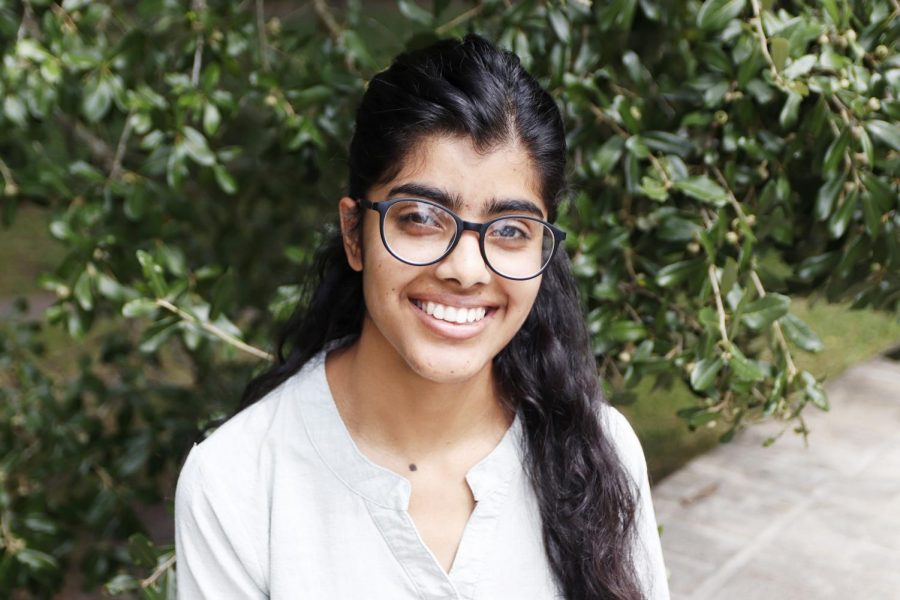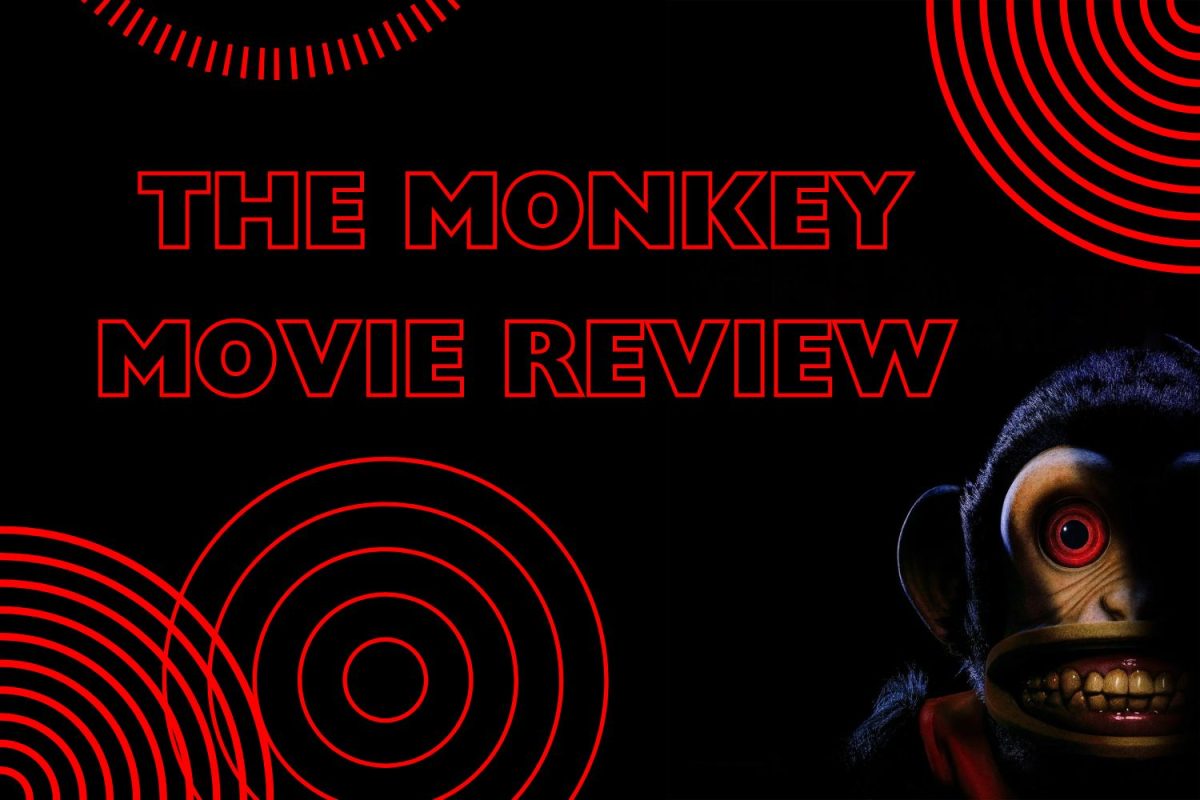I have been a vegetarian almost all my life. I ate meat until the age of six or seven, but I faintly remember giving it up as I neither liked the smell when my father cooked meat, nor the taste of it. Since my mother has neither tasted meat nor cooked it her entire life, my father cooks meat only for himself. It was never my conscious decision to become a vegetarian. I just happened to be one. In fact, I am not even a strict vegetarian. I am considered an ovo-lacto vegetarian as I eat dairy products and eggs. I am completely aware that human beings survived because of their omnivorous style of eating. However, with all the adaptations we have done since the time we came into existence, it would be a good decision, as the most intelligent species, to move towards a vegetarian diet to maintain a healthy lifestyle.
Growing up in a community with a lot of vegetarians, I never really had a problem. I do hear a lot of comments including, “You are missing a lot of things in life,” “What do you eat if not meat?” and some like “You should eat meat to gain some weight.” I get the last one less often now than I did in Nepal. But, I always had plenty of options back in my hometown. As I came to the United States, I have realized that there are fewer options for a vegetarian, especially on our campus. Some of the few options for lunch on campus include vegetarian pizza, a veggie burger at subway, fries and waffles, cheese quesadilla and egg rolls.
According to vegeteraintimes.com, only 3.2 percent of the country’s population follows a vegetarian diet, which makes up about 7.3 million people all across the country. While the non-vegetarian community might not realize this, there are minimal options for those who do not eat meat. Restaurants offer only few items for those who would not like meat in their diet. This means that we can decide faster on what we want to order whenever we go out to eat. It is also one of the reasons I prefer dining at home.
As a student, I have found a way to cope with this problem of mine. I usually manage to have a heavy breakfast from home before I come for my class so I can get a lighter lunch on campus. I eat more fruits and nuts, and my dinner usually has rice and vegetables. Beans and eggs are the most important part of my diet.
Even though it is harder to practice vegetarianism, it is definitely healthier. The diet with low saturated fat and high fiber content significantly reduces the risk of cancer, high blood pressure and diabetes as they avoid animal fat linked to cancer. According to the study done by Harvard Medical School, vegetarians are “likely to have lower LDL, bad cholesterol, lower blood pressure, and lower body mass index, BMI, all of which are associated with longevity and a reduced risk for many chronic diseases.” The article further explained how vegetarians were, on average, 25 percent less likely to die of heart diseases. With life threatening diseases on the rise all over the world killing thousands of men and women, vegetarianism is definitely a better practice. I do not mean that people should stop eating meat, but other food items should also be equally devoured.
Among many other life lessons, one thing I have learned is to compromise, and my practice of avoiding meat definitely needs it the most. However, I am happy with what I choose to eat, especially knowing that it is good for my health. Even though I may have to be quiet while my friends have discussions about chicken tikkas, kebabs, wings, barbecue and whatnot, I think about the great people like Buddha, Leonardo da Vinci, Albert Einstein and Mahatma Gandhi. If these people thought it was a good practice, there is definitely a reason for that.
As Einstein said, “Nothing will benefit health and increase the chances of survival of life on earth as much as the evolution to a vegetarian diet,” I am glad that through my compromises and adjustments, even though a teeny, tiny part, I am still contributing to the survival of our race.









